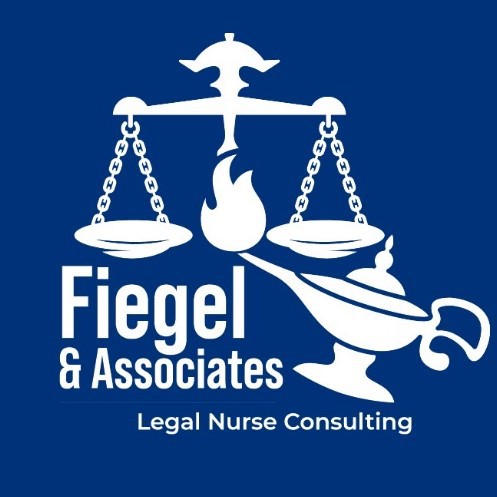In the rapidly evolving healthcare landscape, Certified Legal Nurse Consultants (CLNCs) must stay abreast of regulatory changes to provide effective support in legal matters. The healthcare sector is governed by a myriad of regulations, and staying updated is essential for ensuring compliance and advocating for patients. Continuous education is a cornerstone of professional practice for CLNCs. Many pursue advanced certifications and attend workshops that focus on current healthcare laws and regulations, enabling them to understand the implications of changes in policies.
Professional associations serve as valuable resources for CLNCs. These organizations provide members with access to the latest information on regulatory developments, including newsletters, webinars, and conferences that highlight emerging trends and legislative changes. Networking within these associations allows CLNCs to share insights and strategies for navigating new regulations effectively.
Monitoring reputable government websites, including those of the Centers for Medicare & Medicaid Services (CMS) and the Joint Commission, is another crucial strategy. These platforms offer updates on regulations that impact healthcare delivery and legal considerations, ensuring CLNCs have accurate information at their fingertips. Additionally, legal publications and journals serve as important resources for understanding the implications of regulatory changes.
Collaboration with attorneys is vital; CLNCs often participate in discussions about how new regulations affect ongoing cases and future litigation strategies. Their ability to interpret complex legal language and translate it into actionable insights for legal teams enhances the overall efficacy of the case.
In conclusion, Certified Legal Nurse Consultants play a critical role in the legal healthcare landscape by remaining informed about regulatory changes. Their commitment to continuous education, active participation in professional associations, and diligent monitoring of relevant resources empower them to provide valuable insights that improve legal outcomes. As regulations continue to evolve, the expertise of CLNCs will be crucial in navigating these complexities and ensuring compliance in legal matters.

